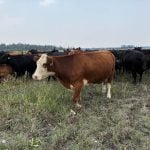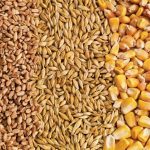
Tag Archives Western Canada

Are rail companies poised to miss grain shipping targets?
The next few weeks will be crucial as farmers wait to see if grain backlogs will again be a problem on the Canadian Prairies

Prairie spring wheat bids rise with U.S. futures

Poor weather leads to poor quality crops
Soybean and lentil yields are up this year, but don’t expect that prices will follow suit

BrettYoung unveils new seed-treating facility at Winnipeg headquarters
The 28,000-square-foot facility can process 50 million pounds of seed a year
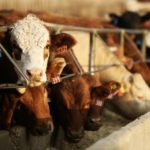
Klassen: Healthy feeding margins support feeder cattle market

FP Genetics unveils CWRS Certified Seed Profit Guarantee
The company is confident its new wheats will outperform bin-run varieties

Editorial: Trends and anomalies
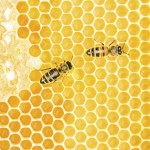
The neonic debate: science or sensationalism?
Laying the blame for a collection of environmental issues at the feet of a single technology is very convenient, but hugely overly simplistic
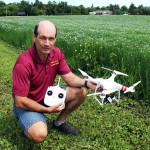
Got the drone, but how about your permit to fly it?
Transport Canada deems field-scouting activities as commercial and therefore a Special Flight Operating certificate is required
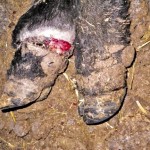
Frozen ears and feet— but not from the cold
Ergot contaminated feed is causing a wide range of easily misdiagnosed herd health problems in Western Canada

